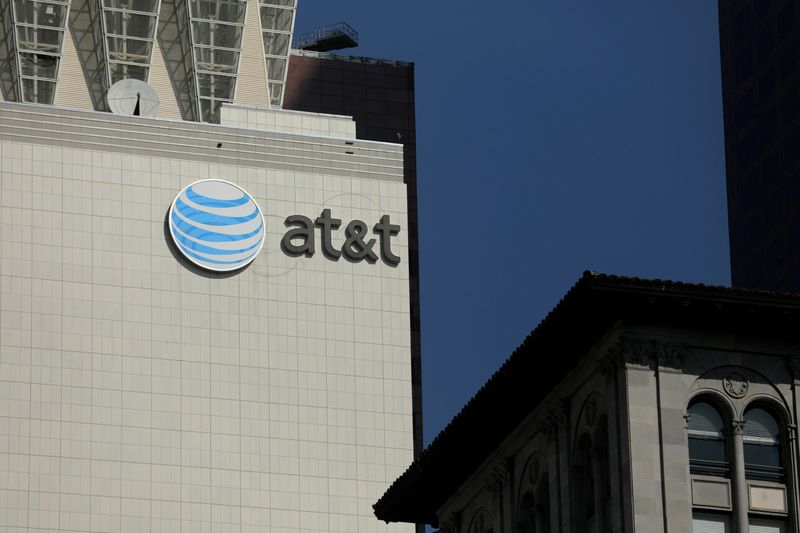NEW YORK (Reuters) – AT&T Inc was sued on Tuesday for at least $1.35 billion by a Seattle company that accused the telecommunications giant of stealing its patented “twinning” technology, which lets smart devices such as watches and tablets respond to calls placed to a single phone number.
Network Apps LLC said AT&T abandoned joint development and licensing agreements for its technology in 2014 after realizing it would owe a “fortune” in royalties because the market for smart devices was exploding, only to then incorporate the technology a year later in its own product, NumberSync.
According to a complaint filed in Manhattan federal court, NumberSync uses the “same concept and architecture” with only “cosmetic changes,” and its purported “inventors” were the same AT&T personnel who had worked with the plaintiffs.
Network Apps, which was once known as Mya Number, said Dallas-based AT&T has not paid required royalties since October 2015.
It is seeking at least $450 million of damages, which it wants tripled to reflect AT&T’s alleged “willful and egregious infringement,” plus royalties for any future infringements.
AT&T said this is the second time Network Apps has attempted a lawsuit, adding that the previous attempt back in 2017 was dismissed.
Network Apps’ founders, John Wantz and Kyle Schei, in a joint statement said “AT&T’s decision to steal our technology” has forced them to scale back operations significantly.
“Our technology is an eloquent solution for a critical problem at a critical time in the industry,” they added.
According to AT&T’s website, NumberSync lets consumers make and receive calls on smartwatches, tablets, computers andcompatible Alexa-enabled devices without having to download appsor engage in “call-forwarding acrobatics.” The case is Network Apps LLC et al v AT&T Inc et al, U.S.District Court, Southern District of New York, No. 21-00718.
(Reporting by Sheila Dang and Jonathan Stempel in New York; Editing by Sonya Hepinstall and Louise Heavens)
















